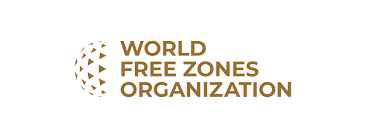
Courtesy of World Free Zones Organization
Iran
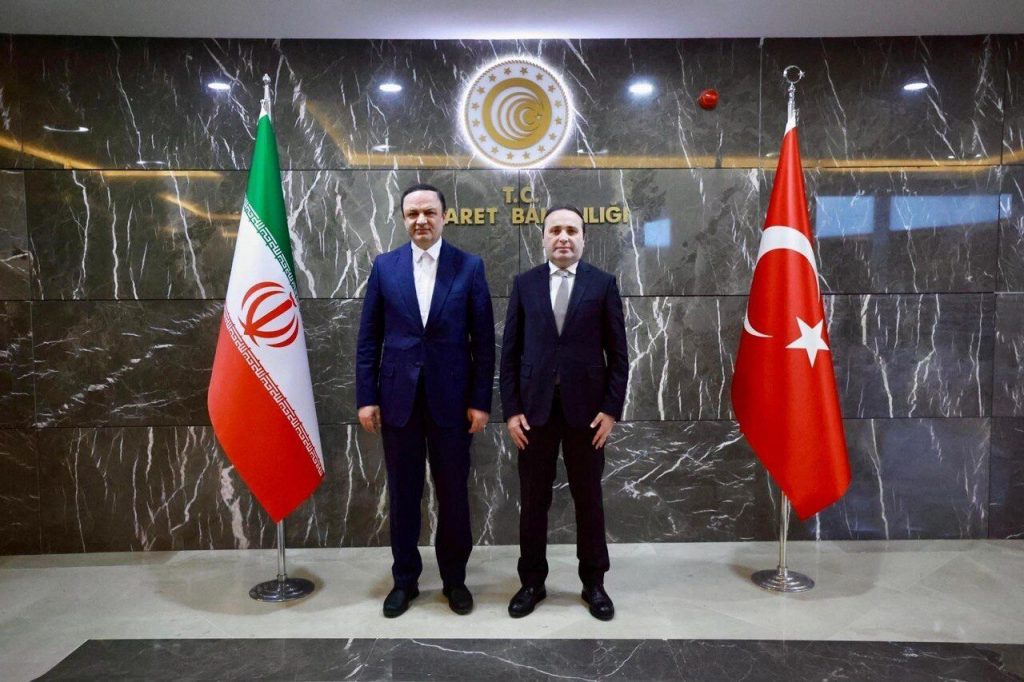
Officials from Iran and Turkey explore mechanisms to achieve the target of $30 billion in trade.
Tehran, IRNA – Iranian and Turkish trade delegations have reviewed the implementation of a memorandum of understanding on bilateral cooperation and explored mechanisms to achieve the target of $30 billion in trade.
Reza Masroor, the secretary of Iran’s Supreme Council of Free Trade Zones, led a delegation to Turkey to enhance cooperation in free trade zones. The delegation met with Turkish Trade Ministry officials to assess joint projects and investment opportunities.
Masroor’s visit also included a tour of Istanbul’s free trade zone and meetings with Turkish traders and business figures.
Following the discussions, Turkey’s Trade Ministry issued a statement on X, outlining the key topics addressed during the meetings. The ministry said that the Iranian delegation met with Mustafa Tuzcu, Turkey’s deputy trade minister.
The talks centered on implementing agreements reached at the eighth meeting of the Iran-Turkey High Council for Cooperation, particularly in the realm of free trade zones and special economic areas.
Turkey also reiterated its commitment to enhancing economic ties through trade and investment, in line with the $30 billion trade goal set by the countries’ presidents.
Ambassador: $7 billion increase in Iran-Turkey trade
Iran’s ambassador to Turkey also highlighted the steady rise in bilateral trade, stating that trade volume between Tehran and Ankara reached $11.8 billion last year and surpassed $17.5 billion by February this year.
Speaking during a virtual meeting of the Iran-Turkey Joint Transport Committee, Hossein Habibollahzadeh projected that the trade volume could reach $19 billion by year-end.
Emphasizing the importance of transit development, Habibollahzadeh said that trade and transport volume between the two countries had increased by $7 billion this year.
However, he underscored the need for significant infrastructure upgrades in rail, air, sea, and port sectors to sustain and expand this growth.
Kazakhstan
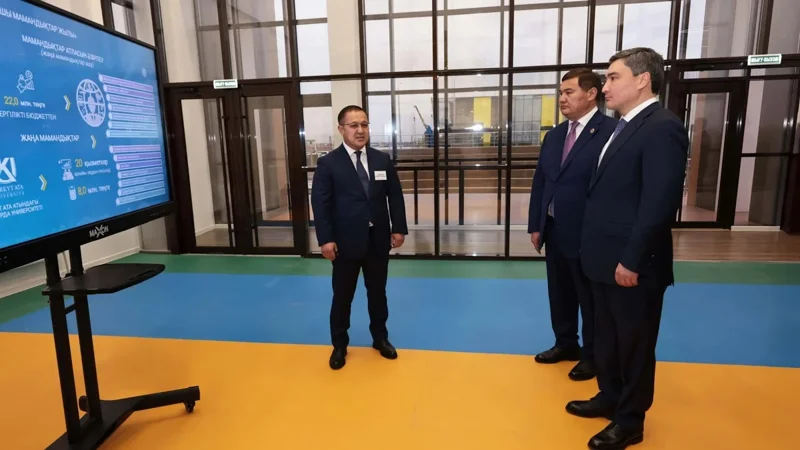
The corresponding draft government order was already developed by the country’s Industry and Construction Ministry.
Set to be built before December 31, 2049, Korkyt Ata special economic zone is to occupy an area of 106 hectares in Kyzylorda region.
Korkyt Ata special economic zone is set to promote domestic and foreign investment, provide an economic and institutional environment for private sector development, increase transit transport and logistics potential as well as trade and logistics ties, enhance tourism and promote highly efficient, competitive tourist infrastructure.
An idea of building a new special economic zone came after Prime Minister Olzhas Bektenov’s visit to Kyzylorda region.
Currently, 15 special economic zones operate across Kazakhstan.
As earlier reported, Kazakhstan is to launch a unified TravelStan travel app by the yearend.
Morocco
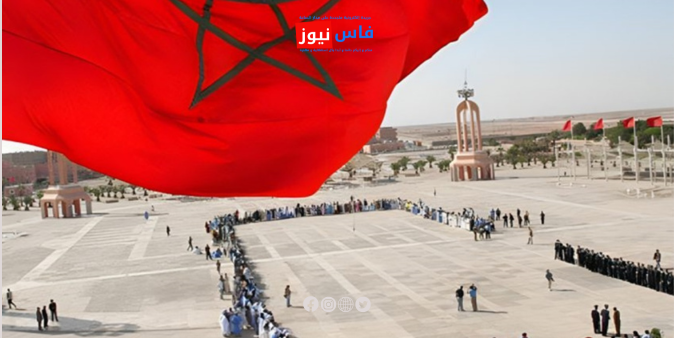
Free zones play a pivotal role in enhancing the appeal of Morocco’s economy and achieving its industrial and economic development goals, particularly by attracting foreign direct investment (FDI) and supporting national exports. These zones serve as strategic platforms offering attractive investment opportunities through tax incentives, customs exemptions, advanced infrastructure, and Morocco’s geographical position as a gateway between Europe and Africa.
In recent years, Morocco has witnessed an expansion in the number of free zones, particularly in Tangier, Kenitra, Nouaceur, and Agadir. These zones have become economic hubs attracting major global companies in the automotive, aerospace, textile, and advanced technology sectors. According to a report by the United Nations Conference on Trade and Development (UNCTAD), Morocco’s free zones have contributed to a more than 30% increase in industrial export rates over the past decade.
The “Tangier Med Free Zone” stands out as a leading model in this domain. In 2023, it topped the list of the most competitive industrial zones in Africa, according to the Financial Times ranking. This achievement is largely attributed to its modern logistics infrastructure and proximity to one of the largest ports in the Mediterranean basin.
On another note, the Organisation for Economic Co-operation and Development (OECD) emphasizes that free zones—when governed under a transparent framework and integrated into a national sustainable development strategy—can significantly contribute to economic diversification and effective industrial transition, without compromising workers’ rights or harming the environment.
Through its “Made in Morocco” vision, the Moroccan government aims to accelerate the country’s position as a regional industrial hub. Free zones are central to this strategy, serving as mechanisms to attract high-value investments, facilitate technology transfer, and create job opportunities—aligned with the objectives of the New Development Model.
Experts in the field suggest that the development of these zones must be accompanied by improvements in the business climate, streamlined administrative procedures, and a strengthened vocational training system to ensure genuine and sustainable benefits for the national economy.
Vietnam
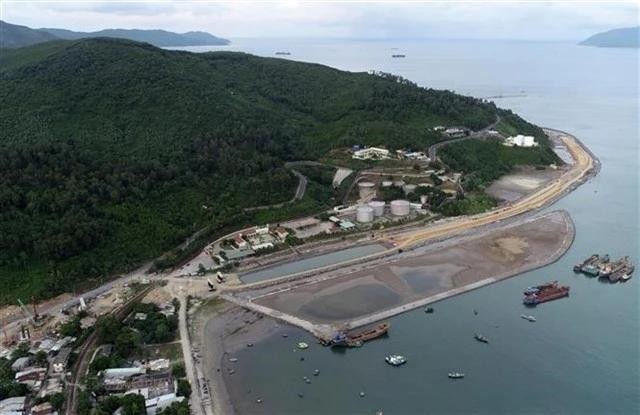
Prime Minister Pham Minh Chinh has called for the establishment of free trade zones (FTZs) in key economic regions and the exploration of duty-free ports as part of a broader effort to stimulate economic growth, attract investment and position Vietnam as a leading logistics hub in the digital era.
The initiative is part of Directive 47, which outlines urgent tasks and strategic measures aimed at accelerating national growth this year.
The development of free trade zones and duty-free ports is seen as a strategic move to boost Vietnam’s global competitiveness, particularly in trade and logistics.By improving the distribution of goods, these initiatives aim to strengthen the country’s position in international markets.
The plan comes amid calls for bold institutional and infrastructure reforms to ensure high and sustainable economic growth.
Vo Tan Duc, chairman of the People’s Committee of Dong Nai province, has proposed a 2,000ha pilot free trade zone near Long Thanh International Airport and Phuoc An Port during the recent working session with Minister of Construction Tran Hong Minh.
The proposal, submitted to the Prime Minister in February, aims to leverage the region’s strategic location to spur economic growth, attract foreign investment and position Long Thanh as a key regional trade and services hub.The project is expected to play a pivotal role in helping the province achieve double-digit GDP growth starting this year.
In parallel, the central coastal city of Da Nang is advancing its development ambitions through a newly signed memorandum of understanding with Vingroup.
The agreement, focused on green transformation and sustainable development for the 2025-30 period, includes plans to explore the establishment of a free trade zone and a financial center.
During a recent working session with Vinh Phuc province, Prime Minister Pham Minh Chinh endorsed the province’s proposal to establish a free trade zone and directed local authorities to urgently draft a detailed project for submission to the appropriate agencies.
